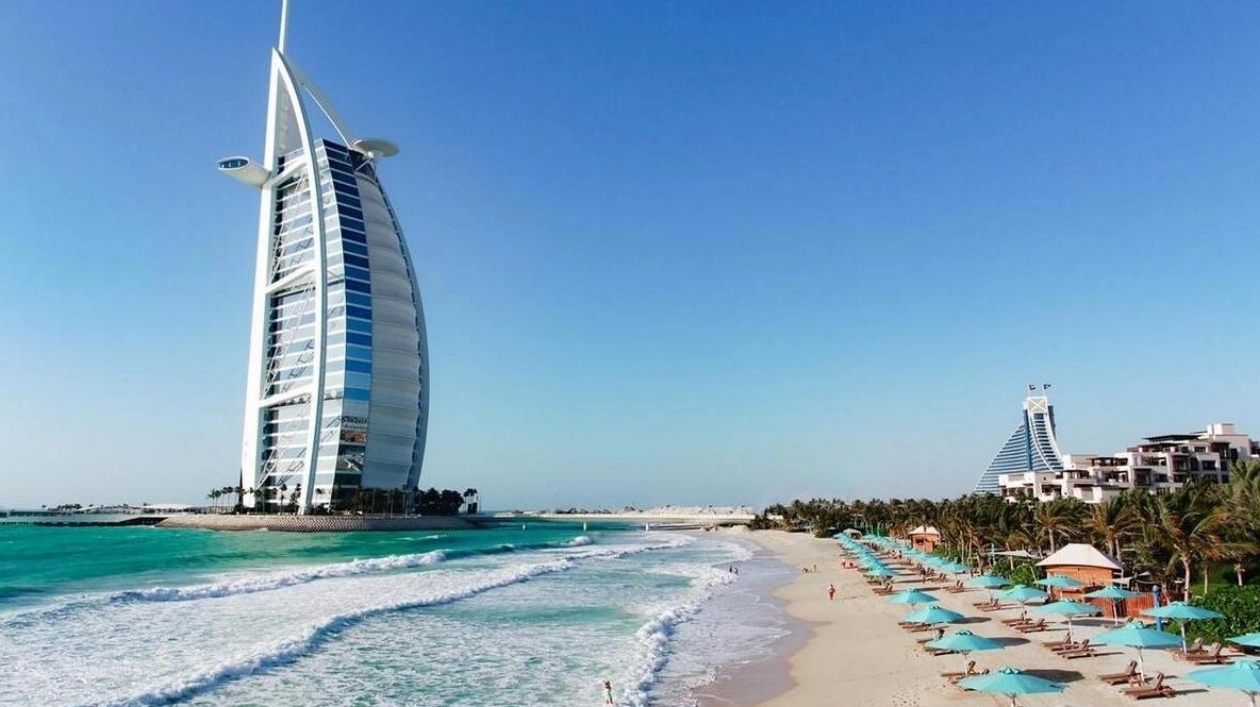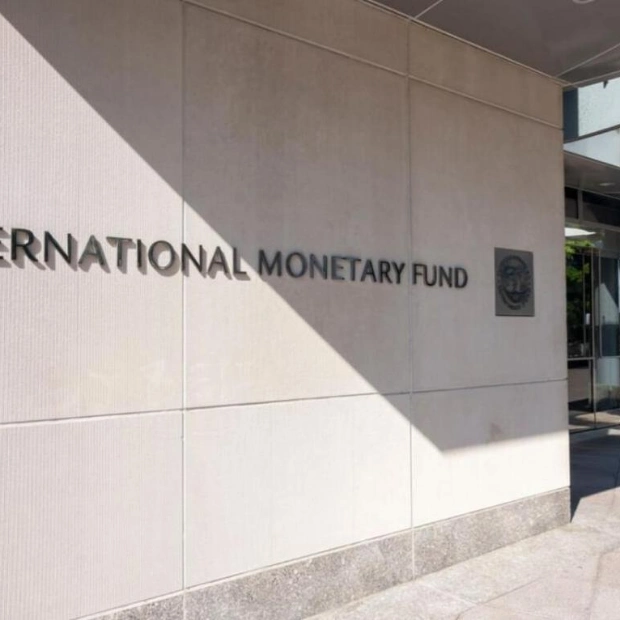Dubai's tourism sector maintained its worldwide allure during the initial six months of this year, attracting 9.3 million tourists, a 9% rise compared to the same period in 2023, according to recent data. Knight Frank, referencing STR data, highlights that from January to May 2024, the UAE stood out with an 80% average hotel occupancy rate, the highest in the region, and a revenue per available room (RevPAR) of $155.
As of the end of the first half of 2024, the UAE holds the largest hospitality market in the GCC, with 212,000 quality hotel rooms, of which 154,000 are in Dubai. Knight Frank anticipates a 10% increase in supply to 232,000 rooms by 2026, assuming ongoing projects are completed. Dubai ranked as the third most visited city globally in 2023, welcoming 17.2 million visitors to its 154,000 hotel rooms.
Saudi Arabia, the 13th most visited country in 2023 with 27.4 million visitors, trails slightly behind the UAE's 28.2 million. The travel and tourism sector contributed $223.4 billion to the GCC's GDP, supported by 76.2 million tourist arrivals spending $135.5 billion, a 45.3% increase from 2022.
The GCC's hospitality sector has seen significant growth in occupancy and average daily room rates (ADR), bolstered by strategic government initiatives and substantial investments in tourism infrastructure. This sector is crucial to transformation programs like Vision 2030 in Saudi Arabia and the Dubai Economic Agenda (D33).
Faisal Durrani, head of research at Knight Frank Mena, noted the strong economic and tourism synergy in the GCC, with the UAE and Dubai leading the way. Saudi Arabia, despite a lower occupancy rate of 64%, recorded an ADR of $198 and a RevPAR of $127. Knight Frank forecasts a 29% increase in hotel supply to 205,500 rooms by 2026.
Qatar's tourism sector, boosted by hosting the World Cup, saw a 58% rise in visitors to 4 million in 2023. Hotel performance indicators improved, with an 8.3% increase in ADR and a 33% rise in occupancy, leading to a 44% growth in RevPAR.
Turab Saleem highlighted tourism's role in job creation and international collaboration in the GCC, supporting over 2.6 million jobs in 2023. Kuwait faces challenges with the lowest occupancy rate in the GCC at 42%, despite a high ADR of $197.
Bahrain's hospitality sector showed resilience, with a 7.1% increase in ADR and a 2% rise in occupancy, resulting in an 11.3% growth in RevPAR. The cruise industry's rapid growth supports the GCC's hospitality sector, with new terminals and a projected 9.9% annual growth in revenue over the next five years.
Knight Frank reports the GCC's hotel stock at 464,465 rooms by June 2024, with projections to reach 544,250 by 2026. The future outlook for the GCC's tourism is bright, with planned cultural and entertainment offerings and major events like the 2030 World Expo in Riyadh.






